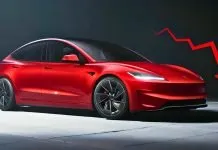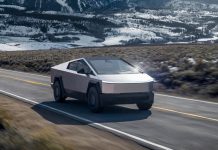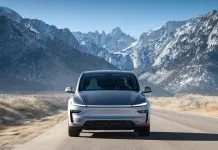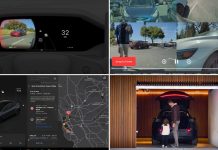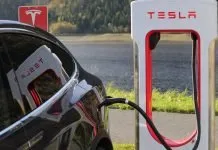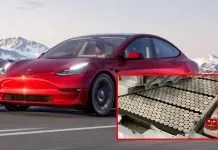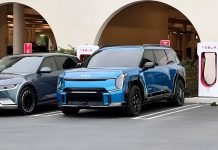Tesla, the leading American firm in the Electric Vehicle (EV) industry, has found itself in a major public relations and market crisis in Germany. A recent survey with over 100,000 Germans found that an overwhelming majority of 94% of the participants would not buy a Tesla if they had an opportunity. These are quite disastrous outcomes, especially as they represent a clear shift in the population’s perception and come against the backdrop of declining sales in Europe.
The study was conducted by the German Automobile Forum Auto Bild, where the participants received a set of questions to complete based on their perception about different automobiles and among them, Tesla automobiles. Most of the respondents confirmed their resistance to buying from the EV pioneer. Tesla has always been a pioneer in electric mobility and the greatest innovations, but according to the survey, the image of Tesla has faded among consumers in Germany.
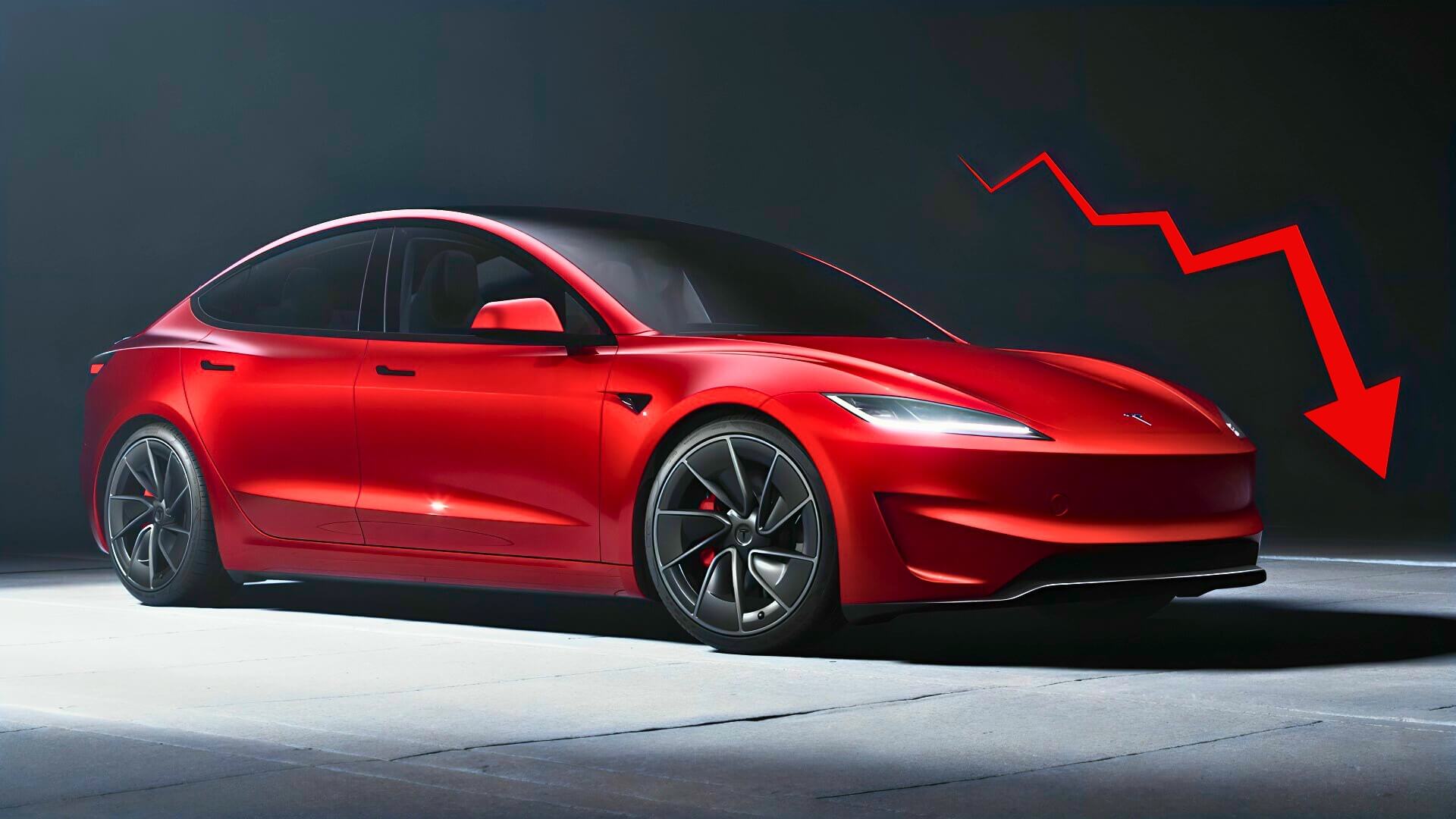
Declining Popularity in a Key Market
Germany is one of the main players in Europe’s automotive industry, and it is considered to be the primary field of battle for EV makers. Tesla’s Gigafactory near Berlin, which is a €5 billion factory, was to become a move to dominate the European market by addressing the client demands from a local factory and shortening delivery time. However, the plant has emerged several times with issues of delay, labor issues, and issues related to do with the environment, which have brought more doubts into people’s minds about the plant.
The firm’s market share has also been declining in the past year, mainly as more traditional players in the German market, such as Volkswagen, BMW, and Mercedes-Benz, bring in more electric cars into the market. As technology advances, the availability broadens, and buyers exhibit brand preferences for these traditional manufacturers, they now possess a competitive advantage in the battle for both the German and the European markets for EVs.
These are some of the trends that appear to be depicted by the Auto Bild survey outcome. For many people in Germany, there are more options to choose the electric vehicles than before, and they prefer investing in home-grown brands, which are seen as more reliable of better quality, and culturally appropriate.
Factors Behind the Backlash
They explained the reasons for the decline of Tesla in Germany as follows. The other factor is leadership from the chief executive officer, Elon Musk, who is widely known for being an influential personality. Musk indeed has millions of consumers’ fan base internationally, however, his recent political stance, together with his radical approach to social media management, as well as his Twitter rants, are off-putting to many in Europe.
For someone who is intending to bring millions of electric cars to Germany, a country with appreciated environmental awareness and social requirements, Musk’s conflicts with authorities and unions do not necessarily inspire positive reactions among the locals.
The other factor that came out is the matter of quality. The structures are being developed. However, there has been a social issue with the quality of their automobiles, which has been criticized in the European markets, especially when benchmarked against German cars. Intense customer dissatisfaction arising from various complaints, ranging from misaligned panels, faulty software, and numerous recalls as well as poor customer relations when purchasing cars from Tesla, has not been well received by Europeans.
This political, cultural, and social opposition to Elon Musk and Tesla’s Berlin Gigafactory is evident. It is thus based on increasing doubts over the possible political affiliations of Musk, which include his support for the German ‘Alternative für Germany’ (AfD) party before the country’s national elections. The association of Musk’s quite equivocal gesture which some people regard as mimicking the Nazi salute accompanied by other provocative slogans and some tweets is considered by many as obscene in a country that remains quite sensitive to any manifestations of fascism, which makes Musk rather controversial in Europe.

